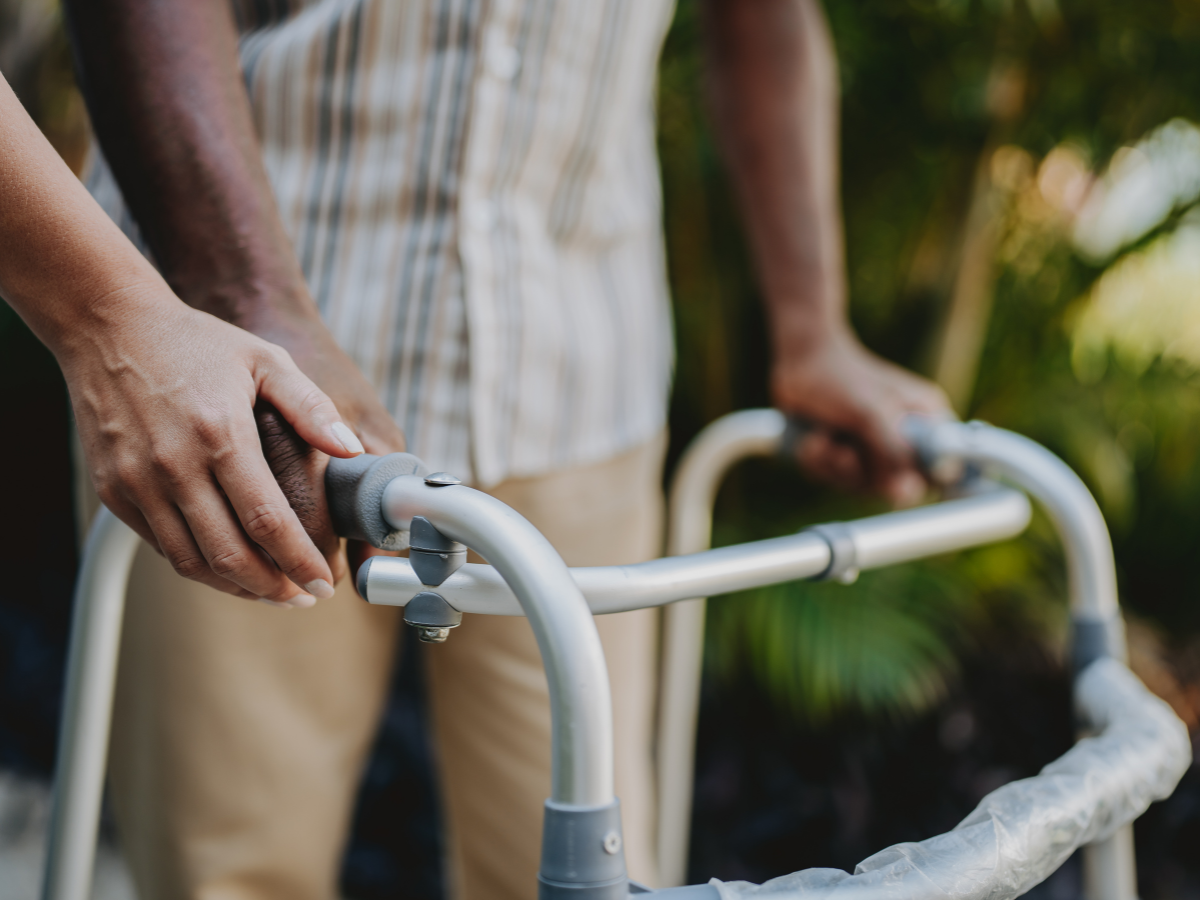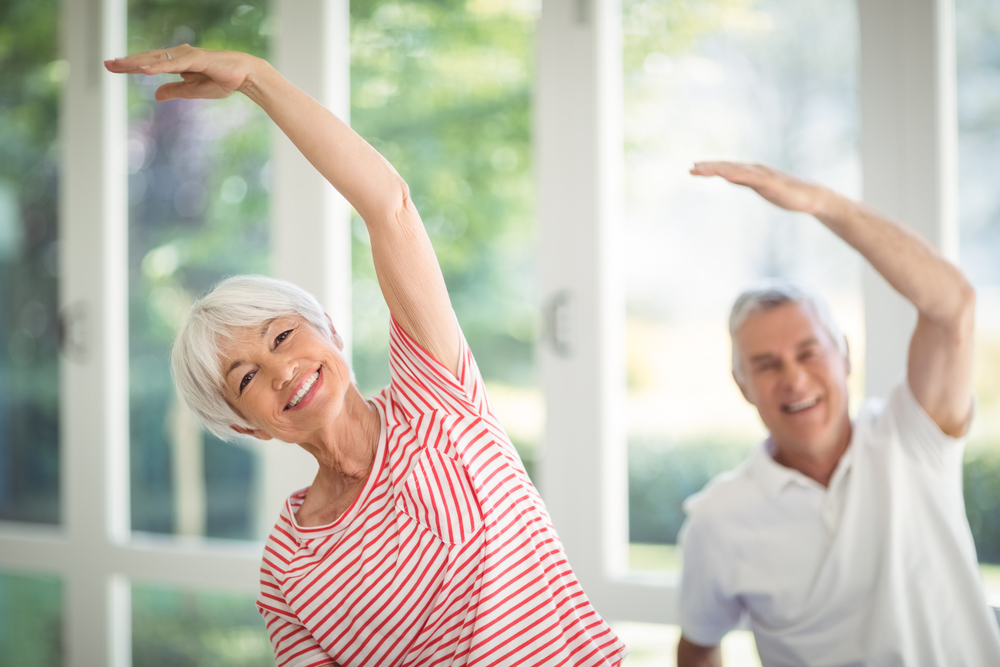According to Parachute.ca, falls are the number one reason for injury-related hospitalizations for seniors in Canada. In fact, more than 1.6 million older adults fall each year. Almost half of them experience serious injuries, such as fractures and sprains. As well, falls cause 95 percent of hip fractures in people over the age of 65. Nearly 20 percent of seniors die within one year of a fall.
Clearly, slips and falls are certainly no laughing matter. It’s important for us all to do our part in helping the older adults in our lives to stay safely upright. So what can be done?
Limit your alcohol intake.
In some cases, it’s best for seniors to quit drinking alcohol altogether. This is especially true for those who are required to regularly take medication. It’s important to note, however, that if an older person does decide to drink alcohol, consumption should be significantly limited.
The National Institute On Aging notes that “even a small amount of alcohol can affect your balance and reflexes. Studies show that the rate of hip fractures in older adults increases with alcohol use.”
Monitor blood pressure.
Low blood pressure can cause fainting spells. By keeping tabs on the blood pressure of the older adult in your life, you will hopefully prevent a surprise fall that seemingly comes out of nowhere. When a person’s blood pressure is low, he/she can fall down after something as simple as getting up from a seated position. Don’t hesitate to consult your physician to get a better understanding of how blood pressure can impact your elderly loved one.
“Falls associated with fainting or light-headedness could be due to blood pressure changes,” explains Claire Samuels on APlaceForMom.com, “Measuring your aging relative’s blood pressure while they’re sitting and checking to see if it drops when they stand is a way to asses this risk.”
Make use of a mobility solution.
Those in their senior years are encouraged to never be too proud to get some help. It’s true that losing your independence is a tough pill to swallow. But, thankfully, with the help of such mobility devices as walkers, rollators and wheelchairs, seniors can prevent themselves from slipping and falling on their own. As the National Institute On Aging recommends, seniors should use assistive devices if they need to feel steady when walking.
“Appropriate use of canes and walkers can prevent falls,” contends their website, “If your doctor tells you to use a cane or walker, make sure it is the right size for you and the wheels roll smoothly. This is important when you’re walking in areas you don’t know well or where the walkways are uneven. A physical or occupational therapist can help you decide which devices might be helpful and teach you how to use them safely.”
At Advantage Home Health Solutions, we care about the health and safety of the seniors in your life. We’d be happy to discuss our various products that can help your elderly loved ones stay healthy and safe. To learn more, please don’t hesitate to give us a call at 403-460-5438. You may also email us by filling out the form on our Contact page!



